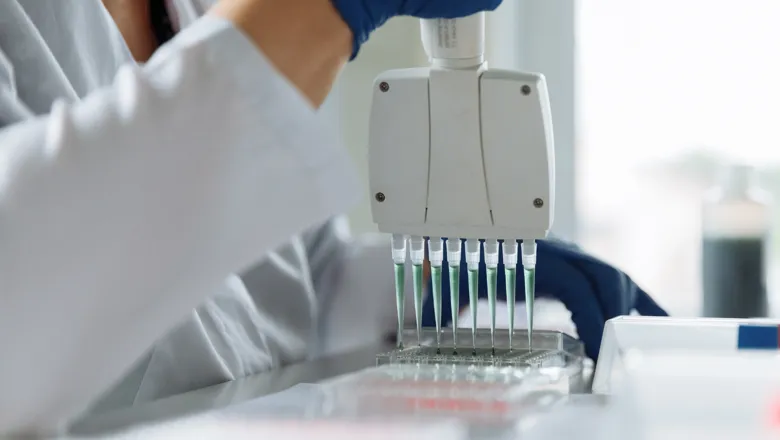23 April 2025
A Scalable Method for Engineering Therapeutic Immune Cells
A collaboration between the Centre for Craniofacial and Regenerative Biology and the Peter Gorer Department of Immunobiology at King’s College London has developed a new, scalable method to manufacture chimeric antigen receptor regulatory T-cells (CAR-Tregs), offering a promising route to safer and more accessible immune therapies.

Published in Advanced Science, the study led by Ms. Ningjia Sun from the Chiappini group introduces a nanoneedle-based electroporation platform capable of efficiently engineering human primary Tregs—a notoriously difficult cell type to transfect—with high viability and clinical-grade quality. By combining nanoneedle interfacing with low-voltage electroporation, the team achieved double the efficiency of viral methods while preserving the cells' phenotype and suppressive function.
This GMP-compatible technique marks a significant advancement for cell therapies targeting autoimmune diseases, graft rejection, and inflammatory conditions. The technology could facilitate broader clinical use of CAR-Tregs, which are currently limited by costly and complex viral vector methods.
“This work shows how engineering innovation can solve long-standing biomedical bottlenecks,” said Dr Chiappini. “It brings us a step closer to affordable, scalable immunotherapies.”
The study is available open access here.

